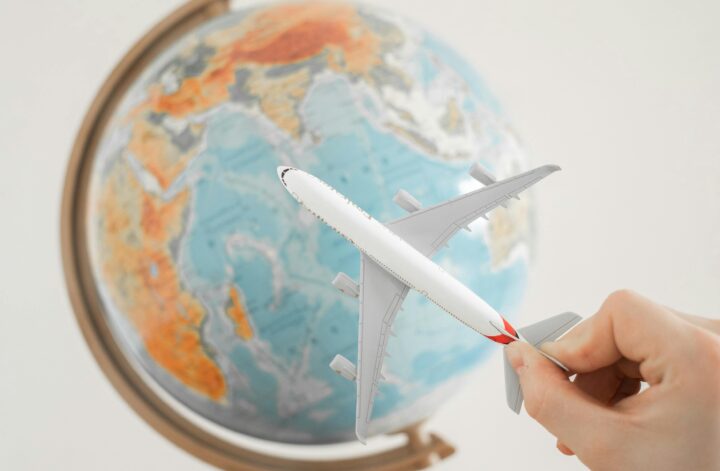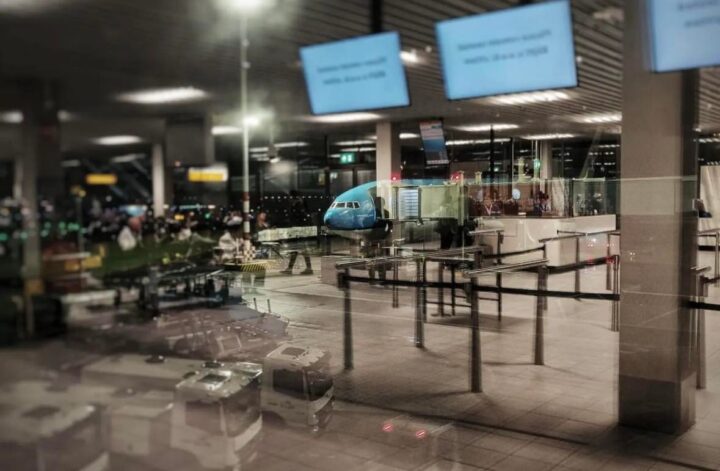Moving to another country is an exciting adventure, but there are many challenges to overcome. Whether you’re only planning to live there short-term or looking to become a permanent resident, here are some of the important things you need to consider.
Affording the move
Becoming an expat comes with many costs including visas/permits, the move itself and moving possessions. On top of budgeting for these costs, it’s recommended that you save up funds equal to 6 months of living expenses as a safety net. Research the cost of living abroad to decide how much you need to save. To reduce the cost of shipping possessions, consider taking only what you need (if you’re only planning a short-term move, you could put possessions into storage).
Getting the right paperwork in order
You’ll likely need some type of visa or work permit to stay abroad for more than a month. Research into exactly what type of documentation you need, the eligibility requirements, how long it takes to obtain and how much it will cost. Applying for residency or getting a visa on a low income can be difficult when trying to move to some countries and you may need to invest in immigration services to assist you with the process.
Finding a job
If you haven’t already got a job lined up, you’ll need to consider applying for jobs in advance and securing a role before you move. Moving and then looking for a job can be risky and in some cases you may not be able to move unless you’ve got proof of a job lined up. Start applying in advance. Make sure that employers are fully aware of your position and when you are able to start work.
Learning a new language
English is spoken in most countries around the world, but in many countries there are few fluent English speakers and it may be expected that you learn the local language. Consider taking foreign language lessons or using language learning apps to pick up some basic lingo before you move. Having some fluency in the local language may even be required if you’re applying for citizenship abroad.
Adapting to the culture
There will be cultural differences that you need to adjust to when moving abroad. This could include different customs and laws. Make sure that you’ve done your homework so that you don’t accidentally do anything illegal or offend anyone. Food customs, road laws, religious customs, worker rights and taxes are some of the important things to look into.
Making new friends (and keeping old ones)
How will you make new friends? And will you be able to keep in touch with old friends? There are important things to consider if you don’t want to end up lonely. Consider joining some clubs to meet new people and be prepared to regularly check in on friends and family back home so you don’t lose contact.
Dealing with homesickness
It’s natural to experience some homesickness when moving abroad. Try to focus on the positives when relocating abroad and make an effort to immerse yourself in the new culture. At the same time, don’t forget about your roots – along with communicating with people back home, try to find people living abroad who are fellow expats and continue engaging with media from back home to stay connected.




